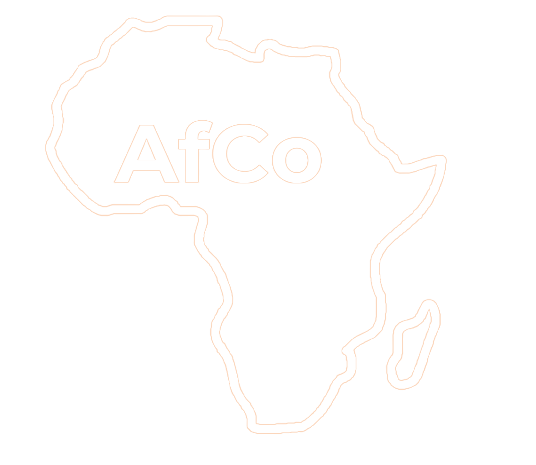Do nomadic and migratory forms of agriculture have a future?
"Stock breeding (essentially by nomadic or migratory groups), accounts for the majority of the livestock in Chad, and it plays an important role in the country's economy. Contrary to certain preconceived ideas, ancestral systems based on wide-ranging herding have demonstrated their merits in terms of economic and environmental effectiveness, and at the same time have also contributed to risk reduction in a context of major uncertainty, in particular with regard to precipitation. "Pastoral hydraulic" programs (hydraulique pastorale), supported by the Agence Fran?aise de D?veloppement in the north and east of Chad show that well-targeted aid can enhance economic performance (by increasing the number of livestock by creating new pastureland around water points); while contributing to improving the environment (reducing over-grazing by increasing mobility). Lastly, providing organizational aid to existing traditional structures, as opposed to creating new institutional ones, has demonstrated its relevance and its ability to reduce conflicts."
